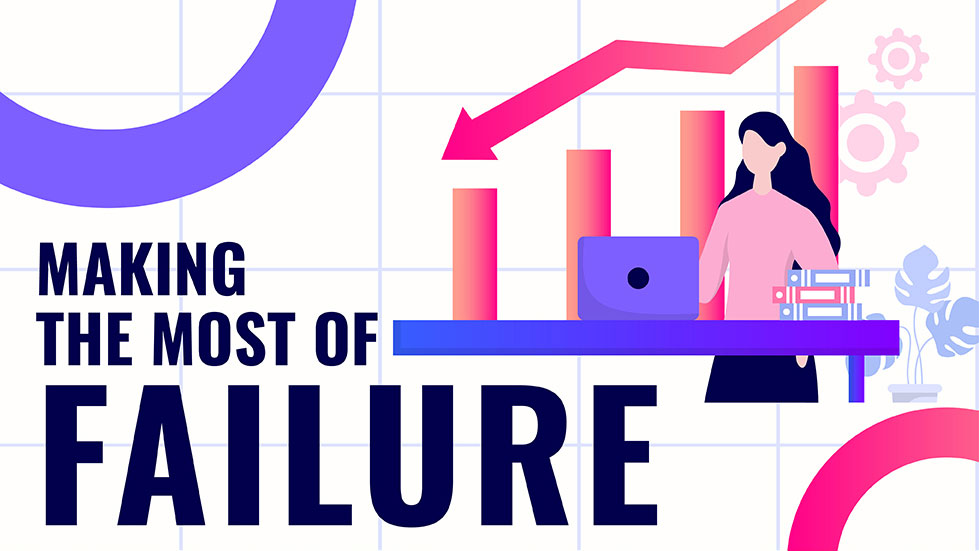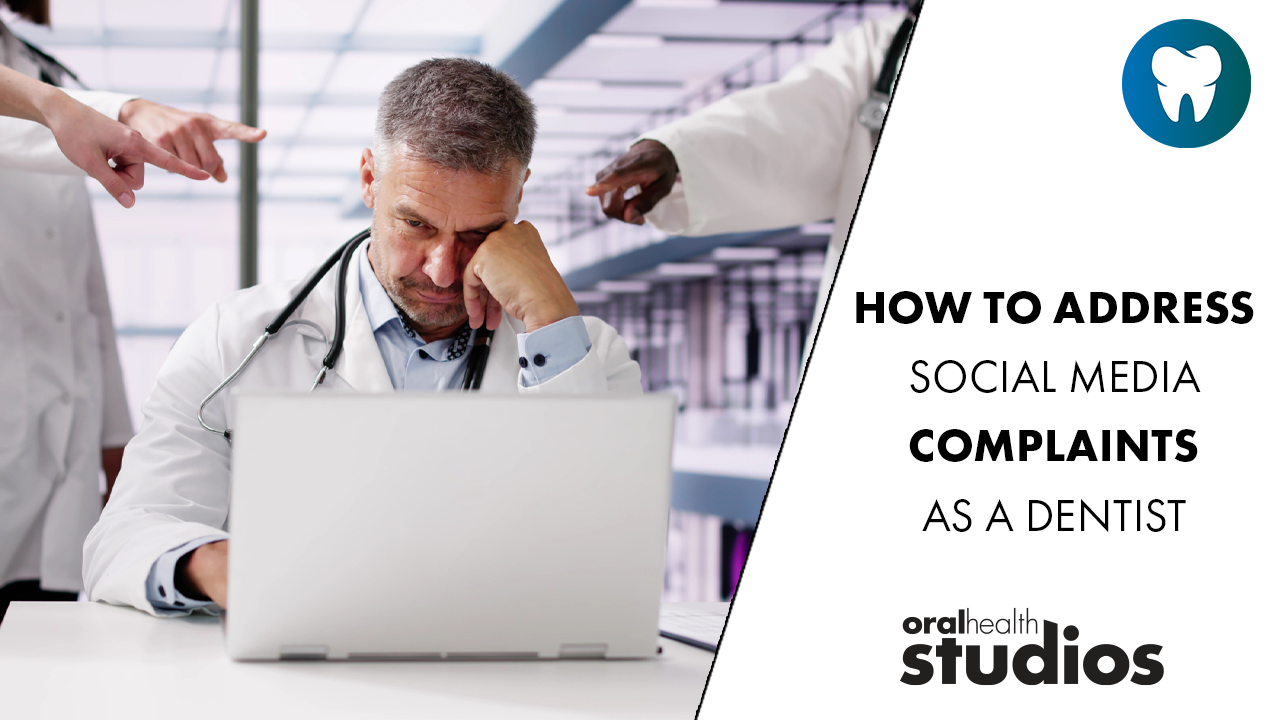
Previously, we discussed the ever-evolving Google Quality Control guidelines, specifically EEAT, which stands for “Experience, Expertise, Authoritativeness, and Trust.” Now, we want to get you and your practice acquainted with another tenet of Google’s QC that can significantly benefit your business and its search rankings: YMYL.
What is YMYL?
Your rankings are only as “good” and relevant as the content on your website. So, what YMYL strives to do is to guide the selection of topics for meaningful, quality posts, articles, and other content that also resonates with your communities. These topics are collectively dubbed “YMYL” – for “Your Money or Your Life.” It’s dramatic phrasing; here, we are discussing issues that may have a high risk of harm – to one’s financial or overall health and safety. You want to avoid these topics. By “vetting” these subjects, the benefits are at least two-fold:
- They help you hone in on beneficial topics that enhance one’s health, safety, and financial stability and contribute favourably to the public good and society.
- You significantly reduce your “risk exposure.” You are not inadvertently contributing to the hamster wheel or churn of potentially dangerous information on the World Wide Web. The risks are particularly great in the medical communications realm, as medical misinformation is rife.
So, just what are these topics?
Google defines YMYL topics as those that are either inherently dangerous or harmful or those that are not accurate and credible and could cause harm anyway. They divide these topics into four areas:
- Those that could harm one emotionally, mentally, or physically (health and safety).
- Those that could adversely impact the ability to support oneself or one’s family (financial security).
- Those that may hurt certain groups of people or one’s trust in certain public institutions (issues of public interest or society).
- Those that impact welfare and well-being (the miscellaneous or “other” category).
What are some examples of YMYL topics in dentistry?
It is essential to assess your site to ensure no questionable or erroneous content has been reposted from a third-party source. Now, clear examples of YMYL topics might include bad advice on when to go to the emergency room in the event of an abscess. One must take care with the language within these articles, as some of these conditions can be true medical emergencies, not just dental ones (as you know all too well). How are you presenting this information? When you broach the subject, are you highlighting that specific symptoms may indicate a systemic infection and require urgent medical attention (without fearmongering)?
Likewise, some topics are a little more nebulous. These might include topics and content on when to replace a toothbrush that is questionable. While it is not likely to cause severe health impacts to the reader or society as a whole, it is an opportunity to improve the information. You do not want anything questionable or less than the highest quality posted on your site or other platforms. And, if you are questioning it in the first place, the topic either needs to be adjusted, thrown out, or the content vetted adequately by a clinician for its accuracy and suitability.
Pro tip:
When assessing your content, ask yourself the following:
No. 1 – Would a cautious person seek expert sources to prevent harmful consequences from a post or content, and could even modest inaccuracies cause potential harm? If your answer to this is “yes,” it is likely a YMYL topic.
No. 2 – Is this a topic that readers would casually discuss with their friends? If you answer “yes,” it’s likely not YMYL.
YMYL is an opportunity to boost your experience and expertise!
YMYL can be a vehicle to drive your authority and reputation as a thought leader. When talking about Google’s QC standards, this refers to the “EE” (Experience and Expertise) in “EEAT.” You may expressly choose to explore YMYL topics to build that experience and expertise. In turn, you can get rewarded with higher rankings in search. For example, you may choose to dispel certain harmful topics. These YMYL topics could be things like the actual effect of vaping on the mouth, putting it in perspective as it is so often associated with the “better” or healthier alternative to cigarettes. Or you may choose to take on the variety of “DIY” fixes that individuals may have to hold everything from their dentures in place to whitening and straightening their teeth. These topics are clearly in and of themselves YMYL. However, how you approach them is not – you are doing a societal good by effectively setting the record straight.
We understand that assessing for YMYL can sometimes be tricky. It can feel like you are walking a tightrope. But, it is too vital for the health of your digital presence and your practice as a whole to leave such strategies to “guesswork.”
We encourage you to lean into the expertise and experience of those who have walked this path in medical communications to avoid the landmines presented by the YMYL of Google’s standards and secure the real opportunity to elevate your EEAT further!
About the Author

Naren Arulrajah, President and CEO of Ekwa Marketing, has been a leader in medical marketing for over a decade. Ekwa provides comprehensive marketing solutions for busy dentists, with a team of more than 180 full time professionals, providing web design, hosting, content creation, social media, reputation management, SEO, and more. If you’re looking for ways to boost your marketing results, call 855-598-3320 for a free strategy session with Naren. You may also schedule a session at your convenience with the Senior Director of Marketing – Lila, by clicking https://www.ekwa.com/msm/ or simply send a text to 313-777-8494.










